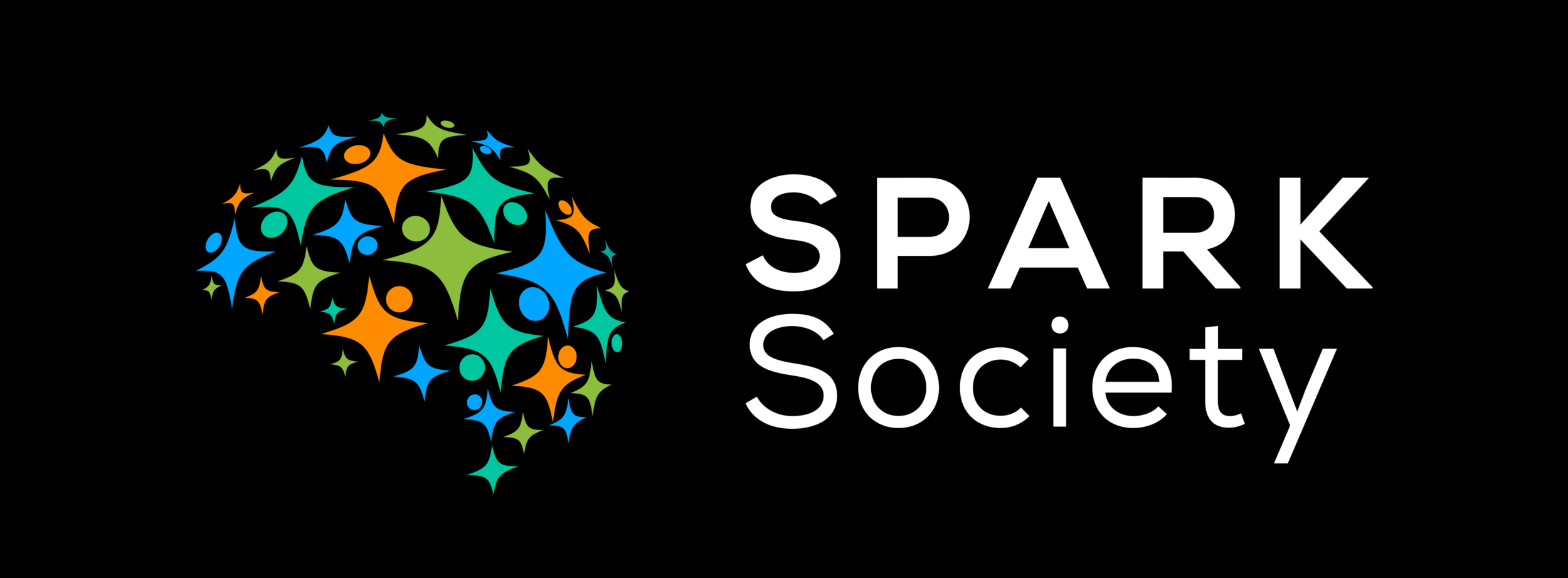Brittany Williams, a graduate student at Penn State University at the time of this interview.
brittany is now a t32 postdoc in the spatial hearing lab at boys town national research hospital
1. How did you become interested in cognitive science/psychology?
I’ve wanted to be a professor since sixth grade when we had a career fair and I realized I wanted to be a psychologist. I did a summer research experience in college that also increased my interests.
2. What is the focus of your research?
My focus is on speech perception. I investigate the factors involved when perceiving speech in background noise. I’m interested in how listeners overcome difficulty when trying to understand a person or target talker in the presence of competing talkers or maskers. Specifically, I focus on a phenomenon called Linguistic Release from Masking ,or LRM, in which masking of a target language like English decreases with increasingly dissimilar masking languages like Dutch or Mandarin.
3. What aspects of your work do people get really excited about? Recently
The most exciting thing is when people can relate to the phenomenon because they have been in similar environments where noise interfered their understanding of the talker they were trying to attend to. Other researchers find it interesting that this research focuses on speech perception in adverse conditions---not just speech perception in clear, quiet environments.
4. Where do you see your research going over the next few years?
I am looking forward to doing a postdoc and expanding my work to non-neurotypical adult populations as well as those with aging and hearing loss. In the coming years, I hope to uncover additional factors in how listeners overcome challenging speech-on-speech situations.
5. Do you see yourself in industry or academics moving forward?
Academics for sure. I plan on continuing my research and being a role model [as a Black woman] in the field. I would also like to continue mentoring students who are first generation, underrepresented minorities, and students with invisible disabilities.
6. What's it like being a person of color in cognitive science?
I am often the only Black woman or person in the room. This means that often people might either lean on me too much for my outlook on certain issues or just disregard me altogether. It can be tough being the only person of color in a department or program. It has been hard finding other people of color in cognitive science. This is one reason I am glad that SPARK exists. It has allowed me to connect with other mentors and peers that look like me.
7. Any advice for other graduate students of color?
Don’t be afraid to ask questions and speak up. Don’t just read the diversity statement. Listen to what people are saying and see what they are doing to get a clue as to whether or not they will be supportive of you when you are there. Keep pushing to recruit and do research with people like us. Also, ask for opportunities and for help.
8. What changes have you noticed in your field or the field more generally?
Many more people are making anti-racism groups or pushing forward diversity and inclusion initiatives. This is good but needs to be sincere and followed by action rather than just words.
9. Do you see spaces where diversity will change how/what questions cognitive psychology/cog Science is asking?
SPARK is a place where we can ask questions to ensure that more heterogeneous populations are part of cognitive science conversations. Also, groups across academia are working on making experiences of POCs part of the research conversation.
10. How do you protect your time?
I am careful about how much time and energy I put into DEI work because it can be endless. I make sure to choose activities that mean a lot to me like co-chairing the Education and Mentoring committee for our local Black Graduate Student Association on campus.

